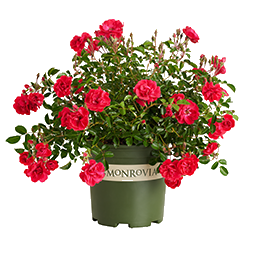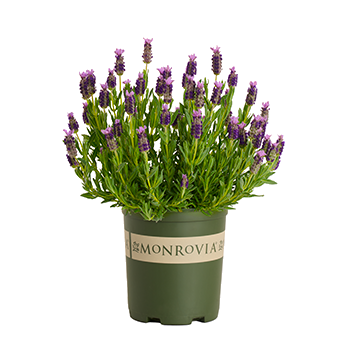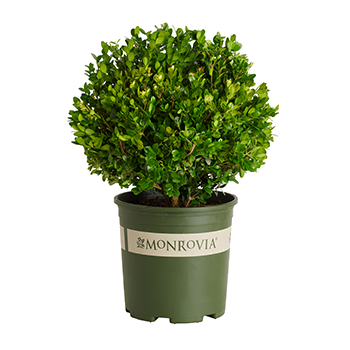You're growing in this Zip Code:
Change LocationDiscover Plants for Your Area
Little Henry® Dwarf Virginia Sweetspire
Itea virginica 'Sprich'
Retailers Near You
| Description | This compact Sweetspire starts out the summer with a beautiful display of fragrant white flowers that blanket the shrub. As summer progresses shiny, disease-free foliage appears until fall when the foliage turns a stunning garnet-red. Full sun exposure will produce more vibrant fall color. Perfectly suited for covering large banks, beds and borders. |
|---|---|
| Bloom Time | Late spring to early summer |
| Deciduous/Evergreen | Deciduous |
| Special Features | Attracts Butterflies, Fall Color, Attracts Pollinators, Compact Form |
| Problems/Solutions | Rabbit Resistant, Very Wet Areas |
| Growth Rate | Moderate |
| Flower Attributes | Fragrant, Showy Flowers |
| Patent Act | Asexual reproduction of plants protected by the Plant Patent Act is prohibited during the life of the patent. |
| Landscape Use | Border, Container, Hedge |
| Flower Color | White |
| Foliage Color | Green |
| Foliage Fall Color | Red |
| Care Instructions | Prefers rich, evenly moist, well-drained soils; tolerates a wide range of soil conditions including drought and bog when established. Water deeply, regularly in first growing season to establish an extensive root system. Feed before new growth begins in spring. Promptly remove root suckers to prevent any unwanted spread. |
| Description | This compact Sweetspire starts out the summer with a beautiful display of fragrant white flowers that blanket the shrub. As summer progresses shiny, disease-free foliage appears until fall when the foliage turns a stunning garnet-red. Full sun exposure will produce more vibrant fall color. Perfectly suited for covering large banks, beds and borders. |
|---|---|
| Bloom Time | Late spring to early summer |
| Deciduous/Evergreen | Deciduous |
| Special Features | Attracts Butterflies, Fall Color, Attracts Pollinators, Compact Form |
| Problems/Solutions | Rabbit Resistant, Very Wet Areas |
| Growth Rate | Moderate |
| Flower Attributes | Fragrant, Showy Flowers |
| Patent Act | Asexual reproduction of plants protected by the Plant Patent Act is prohibited during the life of the patent. |
| Landscape Use | Border, Container, Hedge |
|---|---|
| Flower Color | White |
| Foliage Color | Green |
| Foliage Fall Color | Red |
| Care Instructions | Prefers rich, evenly moist, well-drained soils; tolerates a wide range of soil conditions including drought and bog when established. Water deeply, regularly in first growing season to establish an extensive root system. Feed before new growth begins in spring. Promptly remove root suckers to prevent any unwanted spread. |
|---|
Retailers Near You
About Us
We have been pioneers and craftsmen in the art of growing plants for 100 years. Since our founding in Southern California by Harry E. Rosedale, Sr. in 1926, we have been absolutely dedicated and obsessed with quality.
We have been pioneers and craftsmen in the art of growing plants for nearly 100 years. Since our founding in Southern California by Harry E. Rosedale, Sr. in 1926, we have been absolutely dedicated and obsessed with quality.









